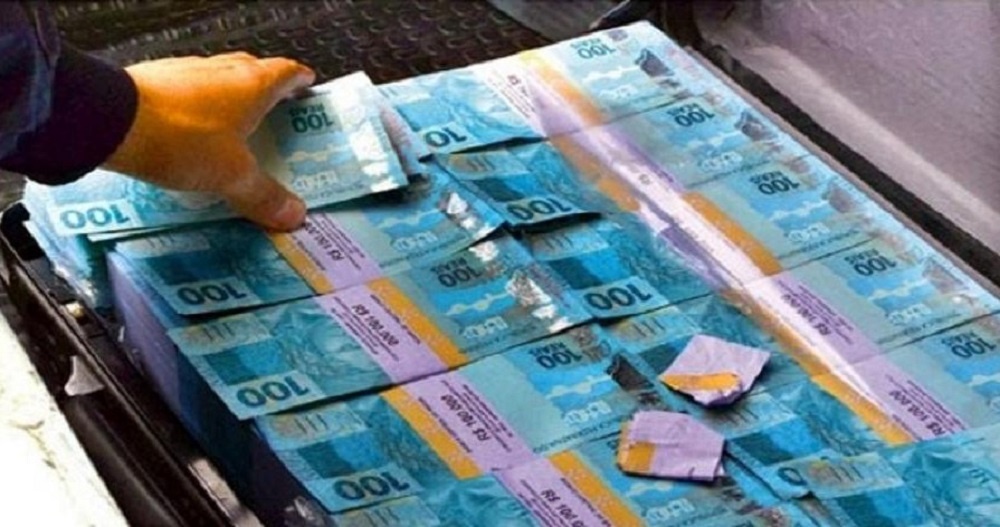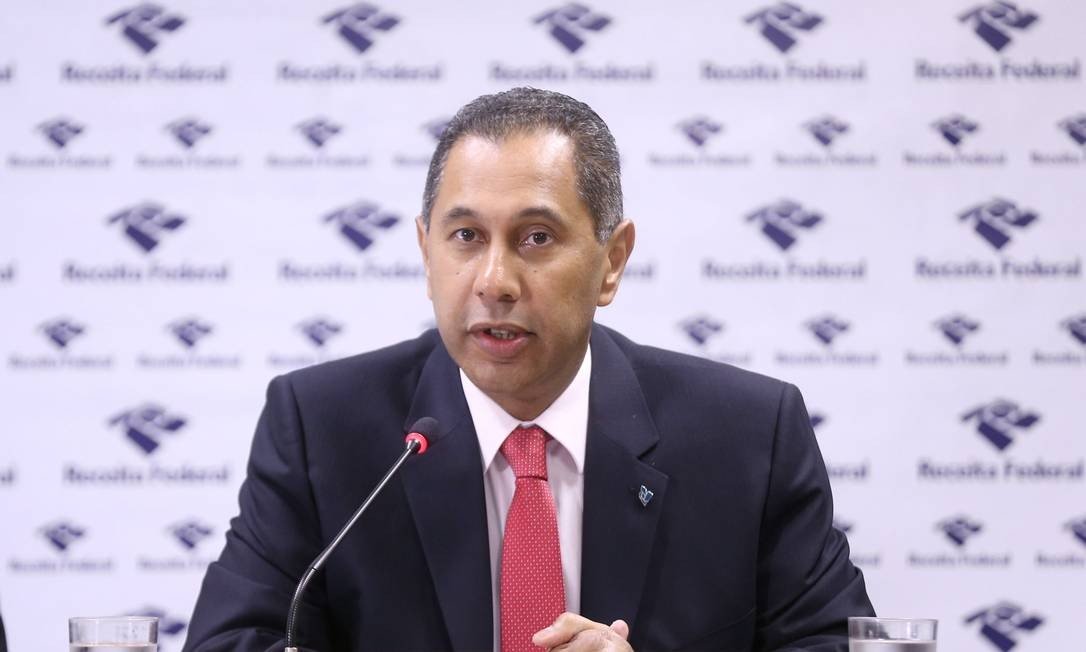RIO DE JANEIRO, BRAZIL – Despite the economic slowdown in recent months, federal tax collection suggests that the economy is recovering gradually and consistently. For experts at the Ministry of Economy, the fact that July’s collection reached its highest level in eight years and surpassed financial institutions’ estimates, suggests that the economy is beginning to recover.

Last month, the government collected R$137.7 billion (US$34.4 billion), according to the Federal Treasury. Projections from Prisma Fiscal, a survey of financial institutions published monthly by the Ministry of Economy, showed a collection median (the central value around which a measure fluctuates) of R$133.4 billion.
The amount collected in July represents 2.95 percent more than that recorded in the same month last year, discounting the official inflation by the Broad National Consumer Price Index (IPCA). Previous month’s revenues were inflated by an extraordinary collection of R$3.2 billion in Corporate Income Tax (IRPJ) and Social Contribution on Net Profit (CSLL), resulting from some companies’ corporate restructuring.
The figure, however, would continue to rise without this additional revenue. The federal government collected R$134.5 billion in July, an amount 0.56 percent higher than that recorded in the same period last year.
Higher profits
The head of the Center for Tax and Customs Studies of the Federal Revenue, Claudemir Malaquias, points out that the collection of IRPJ and CSLL of the ten main business sectors shows that the recovery has begun. Both in July and the accumulated seven months of the year, these sectors recorded a rise above inflation over the same period in 2018.

The most prominent segments are financial institutions (an increase of R$ 5.32 billion), metallic minerals mining (+R$2.93 billion), fuels (+R$1.67 billion), electricity (+R$1.64 billion), and wholesale trade (+R$1.55 billion). The IRPJ and CSLL suggest that companies are profiting more this year and, according to Malaquias, show that the recovery may accelerate in the coming months. “There is a rebuilding of the tax base,” he says.
From January to July, IRPJ collection by monthly estimate, under which large companies pay based on their estimated profit, increased 17.63 percent above inflation when compared to the same period in 2018. “This increase reflects companies’ expectations of better profit projections for this year,” adds Malaquias.
Financial Operations Tax
Another indication that economic activity is gaining momentum is the Financial Operations Tax (IOF), with revenues climbing 6.24 percent above inflation in the first seven months of the year when compared to the same period last year. According to Marco Cavalcanti, under-secretary for fiscal policy at the Secretariat for Economic Policy, the data show that credit concession is increasing. “Although slowly, the signs point to recovery, particularly in credit transactions. It is a good sign,” he comments.
Difficulties
Last month’s best collection in eight years relieves the government’s cash flow but does not lessen the difficulties in implementing the budget. At the end of July, the economic team had another R$1.44 billion contingency in the budget, raising the figure for the year to R$31.225 billion.
This contingency is required for the federal government to close the year with a primary deficit (without including interest on public debt) within the R$139 billion-target set for the year. The Ministry of Economy will review the budget at the end of September and release a new contingency amount.

